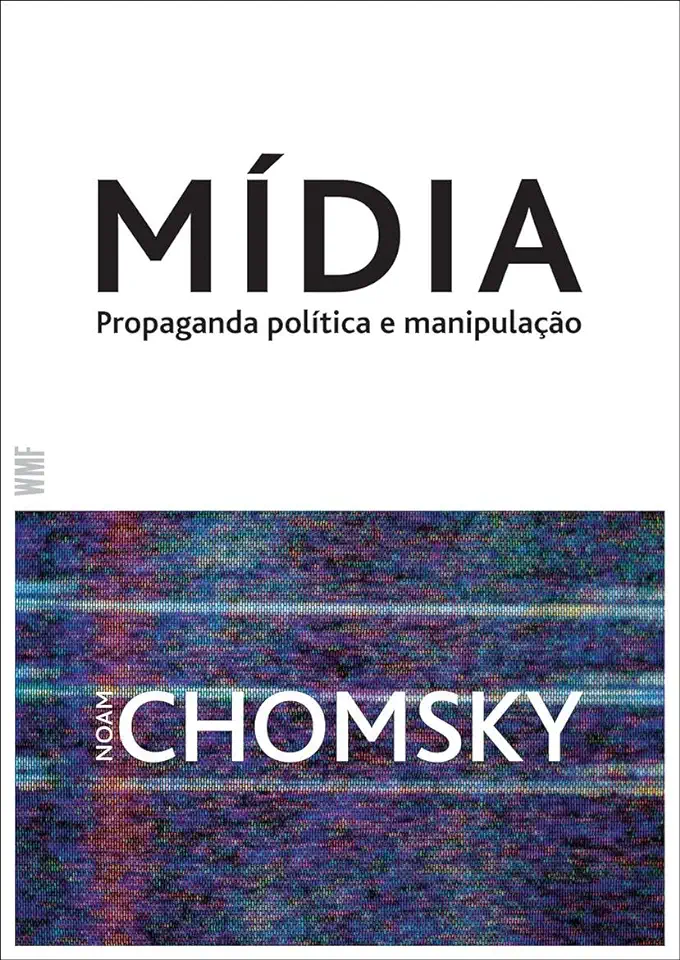
Media - Chomsky Noam
Media: A User's Manual
In his seminal work, "Media: A User's Manual," Noam Chomsky provides a comprehensive and critical analysis of the media's role in shaping public opinion and perpetuating power structures. Chomsky argues that the media is not a neutral observer of events but rather an active participant in the political process, often serving the interests of the powerful and marginalizing dissenting voices.
The Manufacturing of Consent
One of the central themes of Chomsky's book is the concept of "manufacturing consent," which refers to the process by which the media shapes public opinion in a way that benefits the dominant social and economic interests. Chomsky argues that the media achieves this by controlling the flow of information, emphasizing certain stories while ignoring others, and framing issues in a way that reinforces existing power structures.
The Propaganda Model
Chomsky's analysis of the media is based on the "propaganda model," which he developed in collaboration with Edward S. Herman. The propaganda model posits that the media is not simply a passive conduit for information but rather an active participant in the dissemination of propaganda. Chomsky and Herman identify five key filters that shape the news:
- Ownership: The ownership of media outlets by a small number of powerful corporations limits the diversity of perspectives presented and promotes the interests of the wealthy and powerful.
- Advertising: The reliance of media outlets on advertising revenue creates a financial incentive to cater to the interests of advertisers, who often have a vested interest in maintaining the status quo.
- Sourcing: The reliance of media outlets on a narrow range of sources, such as government officials and corporate executives, limits the diversity of perspectives presented and reinforces the dominant narrative.
- Flak: The fear of negative reactions from powerful individuals or groups can lead media outlets to self-censor and avoid reporting on certain topics or presenting dissenting viewpoints.
- Anticommunism: The legacy of the Cold War has created a climate of fear and hostility towards communism and socialism, which has led the media to portray these ideologies in a negative light and marginalize their supporters.
The Importance of Media Literacy
Chomsky argues that the public needs to develop media literacy skills in order to critically evaluate the information presented by the media and resist its manipulative effects. He encourages readers to question the sources of information, consider the motives of those presenting it, and seek out alternative sources of information to get a more complete picture of the world.
Conclusion
"Media: A User's Manual" is a must-read for anyone interested in understanding the role of the media in society. Chomsky's incisive analysis and compelling arguments provide a powerful critique of the media's role in perpetuating power structures and marginalizing dissenting voices. By developing media literacy skills, readers can become more informed and critical consumers of media, and resist its manipulative effects.